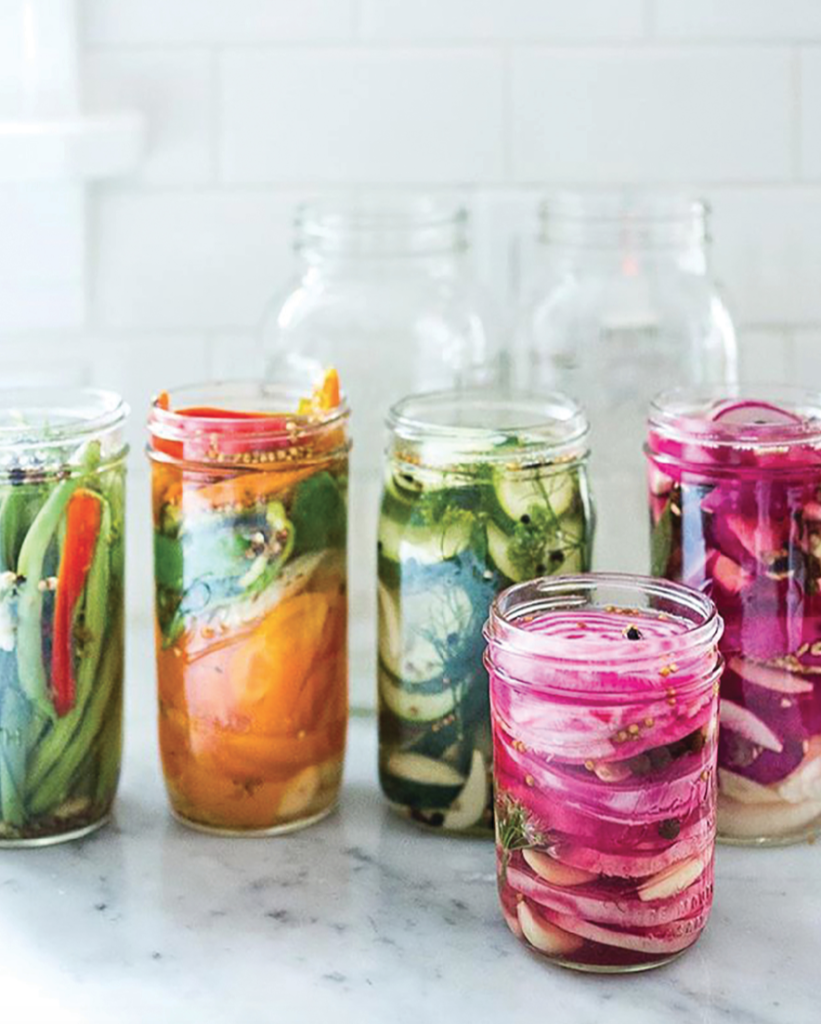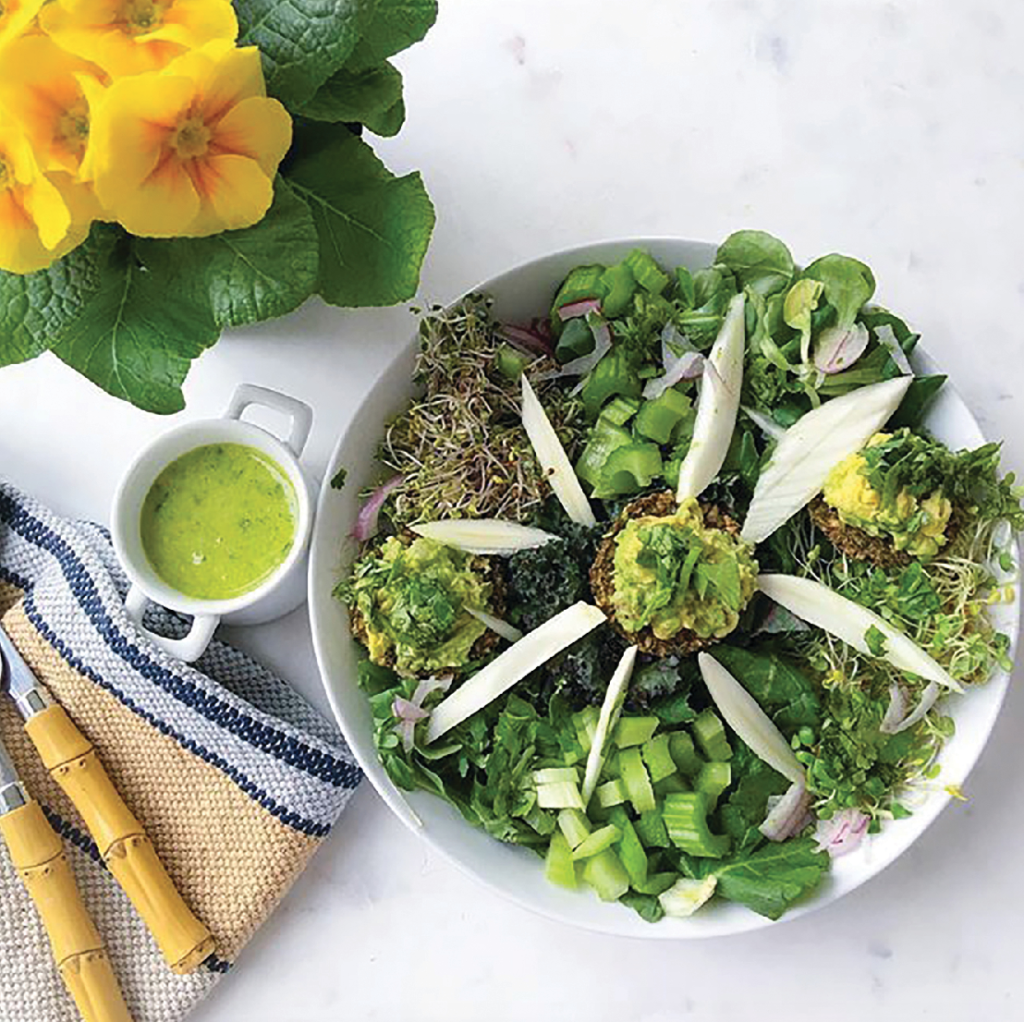
By Charlotte LaGuardia
Summer brings many joys: warm weather, long days at the beach, and bountiful gardens. From fields of flowers to vegetable plots, these botanical masterpieces require constant tending to maintain balance and proper growth. Many of us claim to not have been blessed with a green thumb; however, innately we are all gardeners. Our bodies contain a constantly evolving garden of microbes that colonize our digestive system. These bacteria have a hand in almost every aspect of our existence. From housing the immune system to gene regulation, these thousands of species can control our moods and the way we digest our foods. Roughly 70 percent of our immune system resides in the gut, which means a well-balanced biome can lead to fewer colds, and reduce the risk for food allergies and autoimmune diseases.
The balance of these bacteria can easily be altered by antibiotics, GMOs, even chlorinated water, which can eventually lead to dysbiosis in this ecosystem. Just like in a vegetable garden, when weeds grow out of control, they can smother the desirable plants. By feeding our microbial garden a well-balanced diet, full of pre- and probiotics, we can cultivate a healthy ecosystem and reap the benefits of these tiny microbes.
Our microbes are passed to us from our mothers at birth. Lactobacillus and Bifidobacteria are the first species to fill our digestive system. As we get older and transition to solid foods, we pick up more strains that develop our microbial fingerprint. But the microbiome functions like a garden; just as plants need proper fertilizer to grow, these microbes require a balanced diet to grow and thrive. Diets high in sugar and low in fiber can dramatically alter the gut by allowing pathogenic and undesirable strains to grow out of control, paving the way for illness and obesity.
Recent studies have shown us that changes in our diet can alter the composition of our microbiome in as little as 24 hours. Exclusively animal-based diets, rich in eggs and meats, were shown to increase the expression of genes required for vitamin synthesis and the degradation of carcinogenic compounds. However, long-term consumption of large quantities of animal products was shown to increase the inflammatory markers seen in inflammatory bowel disease.
On the other hand, a plant-based diet rich in fruits, vegetables, legumes, and whole grains increased the growth of the Prevotella species, which is associated with increased biome diversity and promotes the growth of anti-inflammatory bacteria. Yet, longterm exclusively plant-based diets can leave the biome devoid of essential vitamins and minerals like B12 and iron. Overall, these results demonstrate the flexibility of our biome, and the need for a well-balanced diet. Ideally that includes large amounts of fruits and vegetables, and a small amount of animal proteins in order to benefit from the full spectrum of bacteria.
When choosing healthy foods for the gut, it is important to consume sources of both prebiotics and probiotics. Prebiotics are like the fertilizer for our gardens because they promote the growth of beneficial bacteria. Rich sources of prebiotics include dandelion greens, garlic, onions, asparagus, jicama and underripe bananas. Probiotics are the bacteria themselves and are most often consumed via supplements; however, fermented foods are another fantastic option. Kimchi, a traditional Korean food, has been shown to contain over 900 different species of bacteria.

A typical probiotic supplement will have anywhere from two to 10 strains and as we know, diversity is key to a healthy biome. Additionally, fermented foods contain both pre- and probiotics, which increases the microbe’s chance of survival in the gut. Be sure to look for foods brined in salt instead of vinegar to ensure a viable microbial population. Miso, unfiltered, unrefined apple cider vinegar, and kombucha are all fantastic sources. Ultimately, we want to protect our gardens and cultivate them to reduce the risk for chronic disease.
Three things you can do today to support your gut health:
• Consume a balanced diet of organic fruits, vegetables, nuts, seeds, grass-fed meats, and pasture-raised eggs.
• Drink filtered water to reduce your exposure to chlorine.
• Eat one serving of fermented foods daily; kombucha, sauerkraut, kimchi, unsweetened coconut milk yogurt, salt-brined pickles, coconut kefir and miso.
Charlotte LaGuardia is a Clinical Nutritionist at STANDwellness, standwellness.com.



